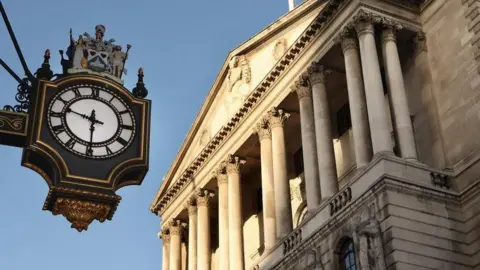Government Borrowing Surges to Record Levels in UK Financial Year, Raising Fiscal Concerns
The United Kingdom’s government borrowing for the financial year ending March 2024 significantly exceeded expectations, reaching a staggering £151.9 billion – an increase of £20.7 billion compared to the previous year. This figure represents the third-highest level of borrowing on record, according to official data released by the Office for National Statistics (ONS).
The substantial rise in borrowing is primarily attributed to increased spending on public pay and benefits, fueled largely by inflationary pressures. Grant Fitzner, Chief Economist at the ONS, explained that “despite a significant increase in income through tax revenue, expenditure rose more rapidly, driven largely by inflation-related costs including higher wages and benefit adjustments.” Furthermore, the UK’s national debt now stands close to the annual value of the economy – a level not seen since the early 1960s.
The figures come at a critical juncture as Chancellor Rachel Reeves prepares to attend the upcoming annual meetings of the International Monetary Fund (IMF) and World Bank in Washington D.C. The IMF recently downgraded its growth forecast for the UK economy, predicting only 1.1% growth in 2025, down from a previous estimate of 1.6%, citing ongoing global economic challenges, including the impact of US trade tariffs.
Economists are increasingly suggesting that to adhere to the government’s self-imposed borrowing rules, Chancellor Reeves may need to consider implementing spending cuts or tax increases in the upcoming Autumn Budget. Ruth Gregory, Deputy Chief UK Economist at Capital Economics, stated that “Reeves may not be too far away from having to raise money again… by cutting spending and/or raising taxes.” The Treasury Secretary, Darren Jones, defended the government’s fiscal approach, emphasizing the commitment to “never play fast and loose with the public finances” and asserting that the borrowing rules are “non-negotiable,” citing a comprehensive review of taxpayer spending for the first time in 17 years to identify and eliminate waste. However, opposition voices remain critical, with Shadow Business Secretary Andrew Griffith describing the figures as “grim,” highlighting them alongside recent IMF growth downgrades, arguing that increased taxation and regulatory burdens are hindering economic growth. He contends that “Only businesses create jobs and growth.”






Post Comment